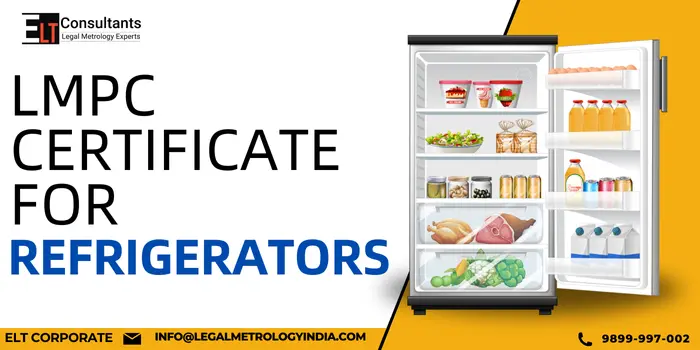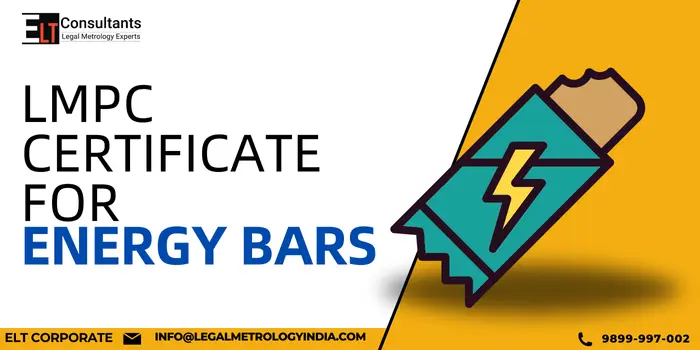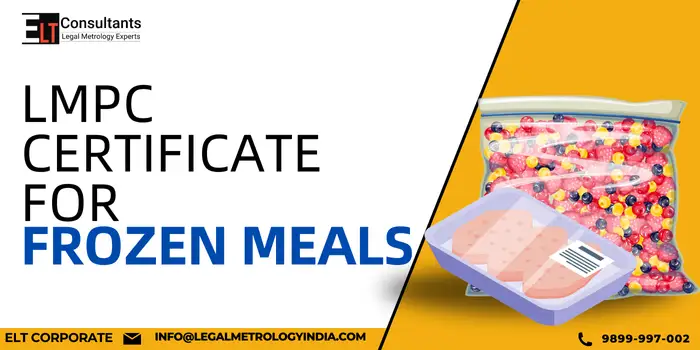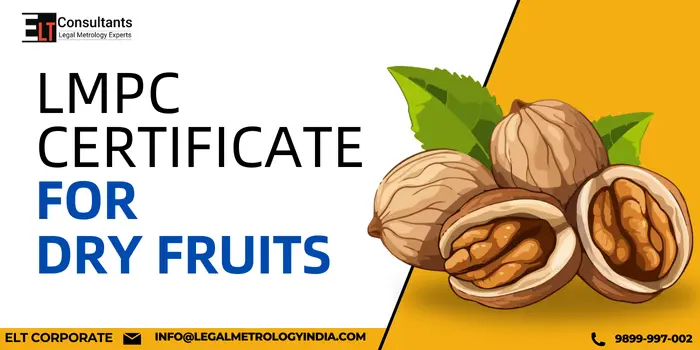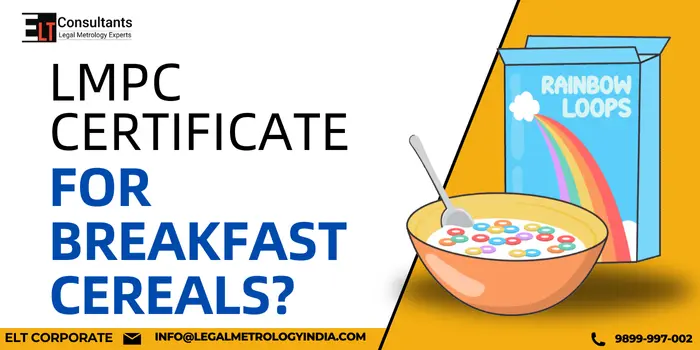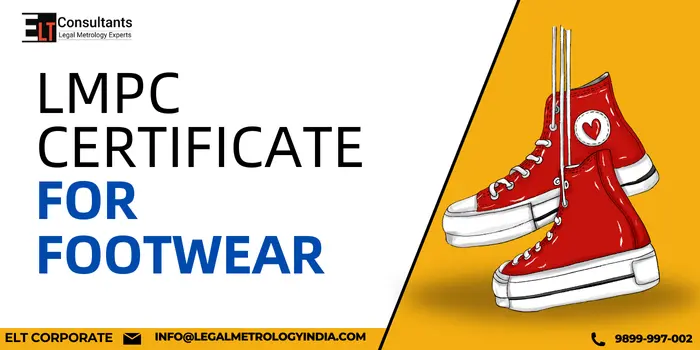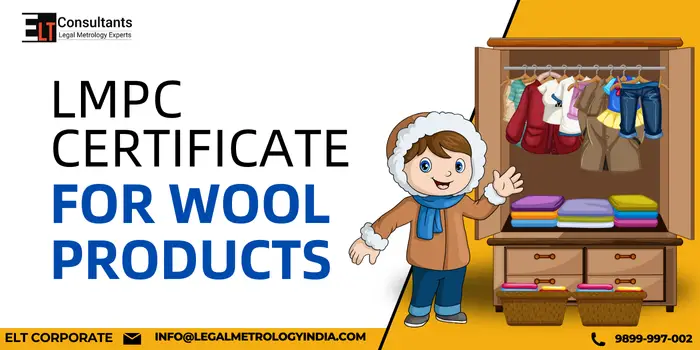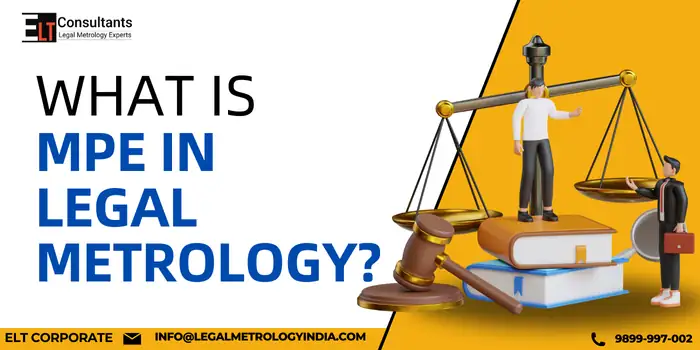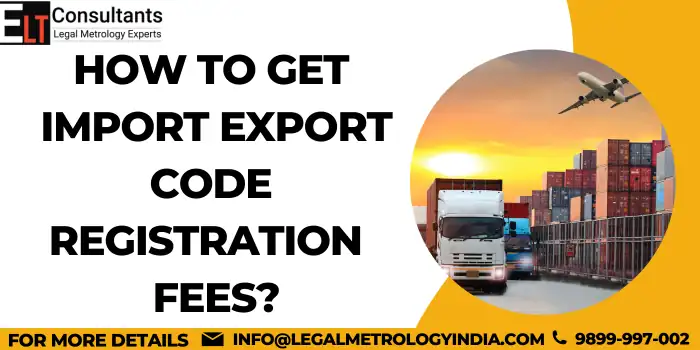LMPC Certificate for Refrigerator
Yes, an LMPC certificate for Refrigerator is required if you are in the business of selling or importing refrigerators. The LMPC Certificate is needed if you are dealing with pre-packaged commodities. Many people also face these kinds of situations where they don’t know what license they should get or not, but yeah you came to the right place you need an LMPC certificate for Refrigerators. Keep going to know the procedure, documentation, and non-compliance consequences of the LMPC certificate. What is an LMPC Certificate for Refrigerators? The LMPC Certificate is an essential license that is required by the Department of Legal Metrology in India for business dealing with packaged goods which also includes refrigerators. The LMPC Certification guarantees that refrigerators meet the legal needs that directly concern their labelling, weight, and volume, which ultimately helps consumers make informed purchasing decisions Basically, the LMPC certificate ensures that your refrigerator products comply with Indian legal standards for the right trade practices. Why Do You Need an LMPC Certificate for Your Refrigerator Business? So, if you are selling a refrigerator in India or plan to import them into the country, then you need an LMPC Certificate to legally operate. It is illegal to sell pre-packaged commodities without proper certification. Here is why you require an LMPC Certificate for the Refrigerator business:- In short, it is really important to get LMPC Certification if you are dealing with refrigerators to ensure compliance and easy business operations. Where Can you Apply For an LMPC certificate for Refrigerator? If you’re going to start a business, LMPC certification is required. It is good for you to know that obtaining the LMPC certificate procedure is easy. Here are the steps you can follow to apply for LMPC certification:- Note, that the application process for LMPC can vary depending on where you are applying but generally most countries with legal metrology laws follow the same patterns. Who Needs an LMPC Certificate for a Refrigerator? The LMPC certificate for Refrigerators is for everyone who is involved in the Import, Packaging/Manufacturing, and sale of the refrigerator. How Long Does It Take to Obtain an LMPC Certificate for Refrigerator? Generally, it takes two to four weeks to get an LMPC certificate for a refrigerator. Typically the procedure for the certificate is not that long, however, some factors affect the timeline to get it. All the reasons are as follows:- Documents Accuracy – Make sure to prepare documents before submission as if you’re not prepared you can submit incomplete or incorrect documents. Processing time of the Authorities – All this processing time depends on the updation and workload of the local legal metrology department. Any Additional Compliance – It depends on the authorities if they ask for any additional info. What are the Benefits of Having an LMPC Certificate for Refrigerators? Avoiding Penalties – You can avoid any kind of legal trouble, penalties and those huge fines that can be held on you because of the non-compliance. Improving Brand Reputation – If your company secure the LMPC certificate then the consumers themselves trust your products better. Enabling Smooth Imports – It makes the custom process very easy if you register your business with LMPC. Access to Wider Markets – With all the important legal certifications for your business premises, then it will help you to expand your company. How Can You Renew Your LMPC Certificate for Refrigerators? You have to renew your LMPC certificate for the refrigerator to maintain compliance, here you can check the process for the renewal:-

